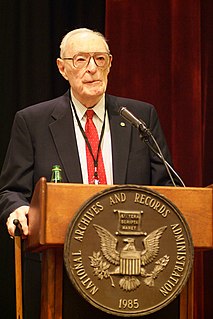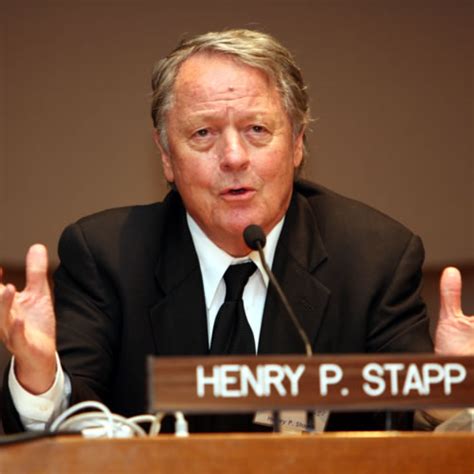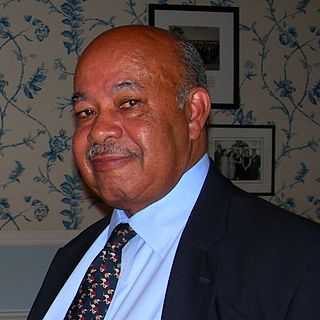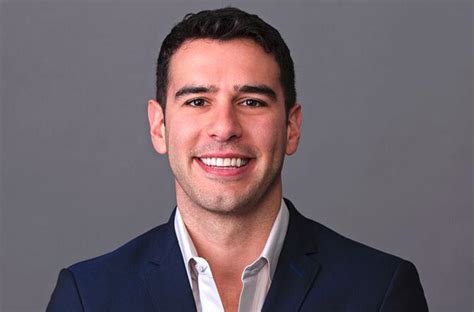A Quote by Crispin Blunt
I think our leadership is now seized of the fact that we have a problem with the youth vote and it might be an idea to get into an intelligent place, both in policy making and in terms of the presentation of our values around freedom and responsibility.
Related Quotes
Our actual lives, including our values, our social relations, our self-conceptions, and many of our concepts, are pervasively shaped both by the knowledge and by the fact that we will someday die - that we are subject to extreme temporal scarcity. There is no reason to think that, if we were immortal, the same things would continue to matter to us. We have little or no idea what, if anything, would matter to immortal beings, or even how such beings would think of themselves.
For the problem of decision-making in our complicated world is not how to get the problem simple enough so that we can all understand it; the problem is how to get our thinking about the problem as complex as humanly possible--and thus approach (we can never match) the complexity of the real world around us.
Our beliefs about ourselves in relation to the world around us are the roots of our values, and our values determine not only our immediate actions, but also, over the course of time, the form of our society. Our beliefs are increasingly determined by science. Hence it is at least conceivable that what science has been telling us for three hundred years about man and his place in nature could be playing by now an important role in our lives.
It is not our affluence, or our plumbing, or our clogged freeways that grip the imagination of others. Rather, it is the values upon which our system is built. These values imply our adherence not only to liberty and individual freedom, but also to international peace, law and order, and constructive social purpose. When we depart from these values, we do so at our peril.
Obviously, I don't want to minimize the patriarchal nature of our media, our government and our culture as a whole. But I think it's our refusal as women to own our power that is our biggest problem, both individually and collectively. The linchpin that holds the current system in place is the slumber of women.
As the wealthiest country with all the blessings that we have, do we have an obligation to help the outside world? I think we do, as we have an obligation to help everyone within our own borders. The problem is that this automatically gets translated into: "What's the point of having a huge military if we can't bomb people?" That's the problem that I have. Our foreign policy is essentially our defense policy.
How can you have in our country that is based upon liberality and liberation, be so anti-liberal. That's toxic waste to our consciousness. It's hard to be an American conservative because that's a contradiction in terms. Now if you take away freedom of speech, freedom of press, freedom of protest, and lock people out based upon their race, their language and their religion, that's conservative and fascist. America is a liberal idea.
Each of us can be a leader. We need to remember that the mantle of leadership is not the cloak of comfort, but the robe of responsibility. Perhaps our service is to youth. If so, I caution: 'Youth needs fewer critics and more models.' One hundred years from now it will not matter what kind of a car we drove, what kind of a house we lived in, how much we had in the bank account, nor what our clothes looked like. But the world may be a little better because we were important in the life of a boy or a girl.
As our values are the core to who we are as human beings, they are also the easiest way to identify and connect with others in meaningful ways. Think about it - most political campaigns are based around values. Barack Obama's 2008 election campaign galvanized millions of youth behind two very clear values - hope and change.

































